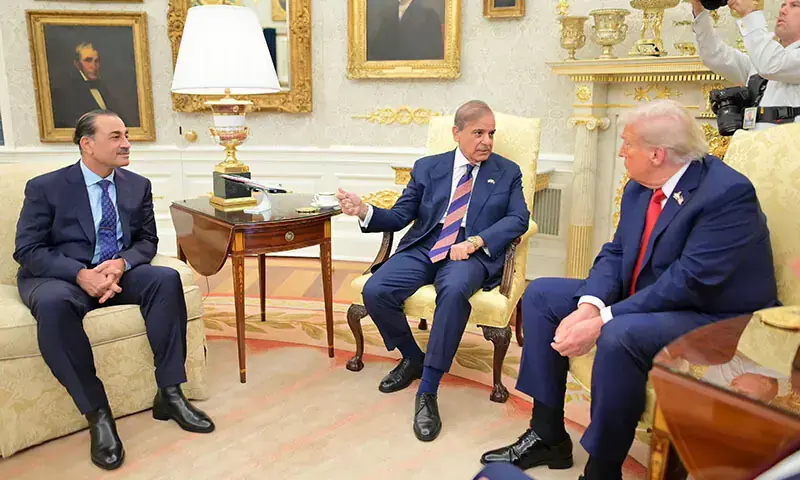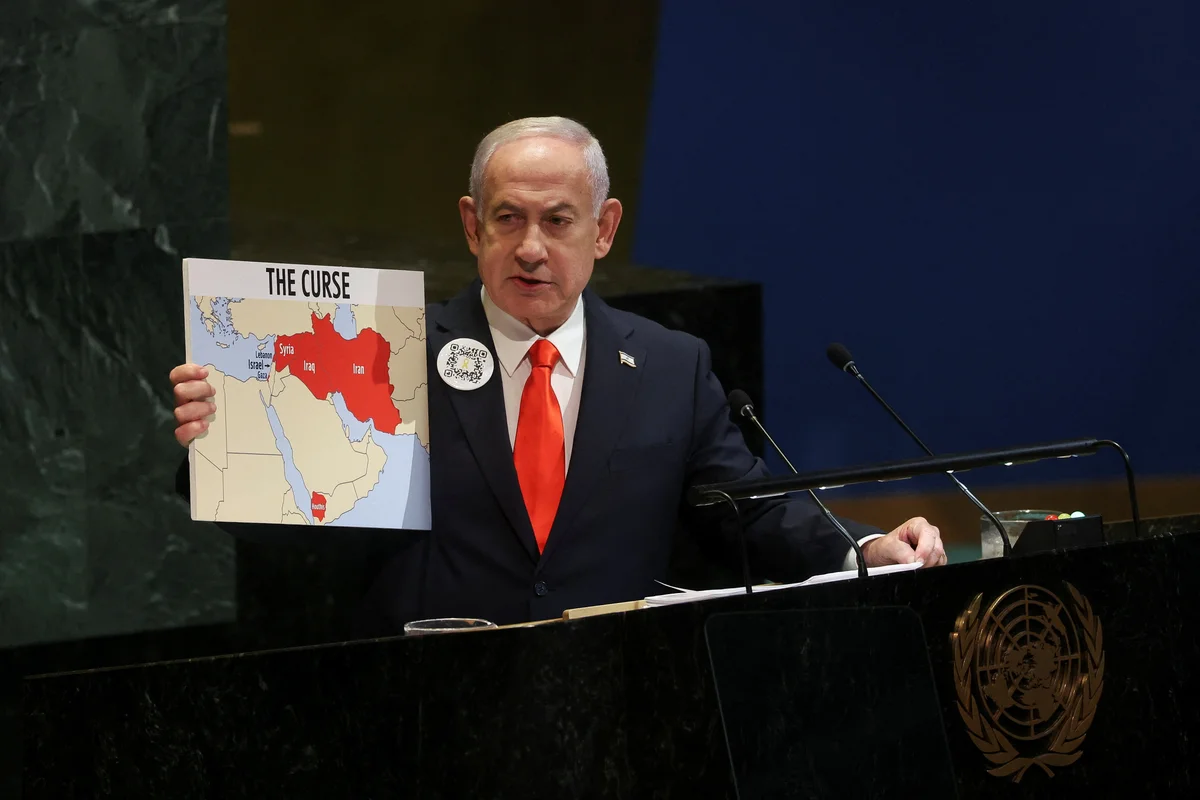Copyright asalmedia

Pakistani Prime Minister Shehbaz Sharif and Chief of Army Staff General Asim Munir met with US President Donald Trump at the White House early Friday, signaling a significant shift in bilateral relations after what Pakistan has described as a period of “coldness” under the Biden administration. The Oval Office meeting, described by the Prime Minister’s Office as focusing primarily on security, counterterrorism, and investment, marks a noticeable warming of ties under President Trump’s tenure. This latest interaction follows President Trump’s earlier meeting with Prime Minister Sharif in New York this week, held on the sidelines of the United Nations General Assembly, where they discussed the ongoing conflict in Gaza among other issues with leaders of Muslim nations. Furthermore, the Army Chief had an unprecedented lunch with the American president in June. This series of engagements represents the first dedicated bilateral interaction between a Pakistani Prime Minister and a US President in six years, with the last such meeting occurring between Imran Khan and Mr. Trump in 2019. While photographs depicted beaming leaders and mutual appreciation – President Trump referred to Mr. Sharif as a “great leader,” and the Prime Minister lauded the US leader as “courageous” – specific details of the discussions remain largely unconfirmed. According to the Pakistani side, topics included regional tensions in the Middle East and South Asia, alongside potential investment opportunities in Pakistan. The Prime Minister specifically commended Mr. Trump’s efforts to end the conflict in Gaza, praising him as a “man of peace.” However, the editorial stance accompanying the original reporting questioned President Trump’s peacemaker credentials, citing his administration’s actions, including an attack on Iran in June. The commentary suggested that if the US President genuinely sought to end the bloodshed in Gaza, he could halt all American weapons and funds transfers to the Israeli government. The hope was expressed that, behind closed doors, Prime Minister Sharif advocated for an immediate end to the Gaza conflict and a just resolution to the Kashmir dispute. The recent positivity has led to questions regarding the long-term trajectory of Pakistan-US relations: whether this signifies a fundamental reset or merely a temporary phase. Historically, the relationship has often been transactional, with the US providing support, arms, and aid during key geopolitical junctures such as the Cold War, the Soviet-Afghan War (or Afghan Jihad from the Pakistani perspective), and the ‘War on Terror.’ This support has often waned or turned ambivalent once US strategic objectives were met. The Biden era was characterized by perceived American indifference towards Pakistan. Analysts also caution against formulating future policy solely based on a few interactions, given President Trump’s known tendency to alter positions rapidly. Furthermore, Islamabad and Washington maintain considerably divergent foreign policy priorities in several areas, including the Palestine question, ties with Iran, and the relationship with China. Pakistan faces the ongoing challenge of balancing its relations with the United States while maintaining its principled stance on these critical issues, particularly its robust ties with China. The historical lesson suggests that while pursuing better relations with the US is beneficial, Pakistan must remain prepared for abrupt shifts in American foreign policy.



